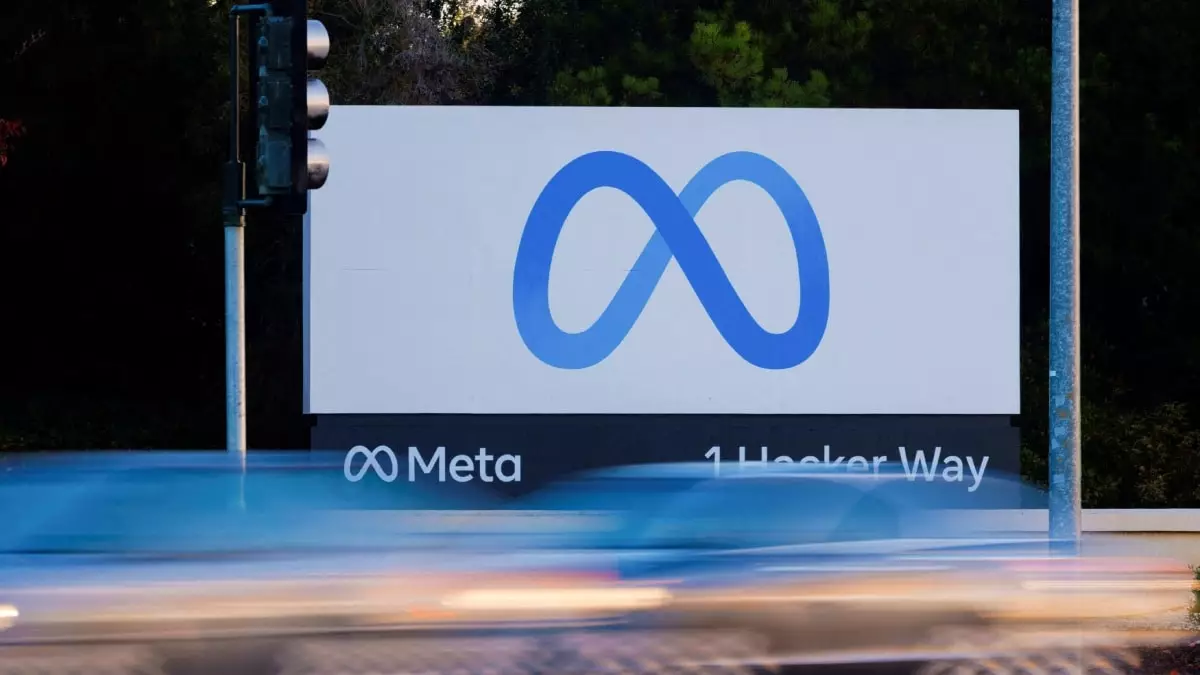In an increasingly digital world, the polarizing effects of social media platforms have heightened scrutiny over their content moderation policies. Brazil has stepped forward, demanding clarity from Meta, the parent company of Facebook, after it announced significant alterations to its fact-checking protocols. Solicitor General Jorge Messias has made it known that the Brazilian government expects a thorough explanation from Meta by the coming Monday, emphasizing the need for accountability in an era where misinformation can have palpable societal repercussions.
The government’s reaction stems from Meta’s recent decision to dissolve its fact-checking initiative in the United States, alongside a noticeable relaxation of restrictions on contentious subjects such as immigration and gender identity. These alterations worry officials, who fear that a lessened commitment to fact-checking and content moderation could exacerbate the spread of misinformation, particularly in a politically charged landscape. The government remarks resonate with broader societal fears regarding the ramifications of lax policies, which may leave Brazilian citizens vulnerable to misleading narratives.
Messias articulated the Brazilian government’s concerns with vigor, likening Meta’s shifting policies to an “airport windsock” that alters direction based on the prevailing winds. Such a description poignantly highlights how erratic policy changes can undermine the trust and stability that users require from social media platforms. Messias’s determination to ensure that Brazil does not succumb to the whims of corporate decision-making underscores a key tension between governmental oversight and the operational autonomy of tech giants.
Compounding these concerns, President Luiz Inácio Lula da Silva has described the changes to Meta’s fact-checking as “extremely serious.” This sentiment reflects a growing trend of government leaders around the world recognizing and responding to the power wielded by corporations like Meta. By calling for an urgent discussion among officials, Lula is taking the threat of misinformation seriously, a sign of his administration’s commitment to protecting democratic processes and informing the public.
In the face of government criticism, Meta, led by CEO Mark Zuckerberg, has justified its alterations by stating that the company encountered “too many mistakes and too much censorship.” This rationale reveals the delicate balance that social media operators must maintain between protecting public discourse and ensuring that harmful misinformation does not proliferate. However, as Meta implements these changes primarily for the U.S. market, doubts regarding the consistency and readiness of similar policies for international markets, like Brazil, remain.
As the deadline imposed by Brazil approaches, the implications of Meta’s shifting policies remain unclear. Whether the company will adapt its approach based on feedback from multiple stakeholders or face regulatory repercussions will be crucial in setting the tone for the ongoing relationship between governments and tech conglomerates. Brazil’s proactive stance illustrates a growing urgency among nations to address and mitigate the impact of misinformation in a global digital age, a battle that is far from over.


Leave a Reply